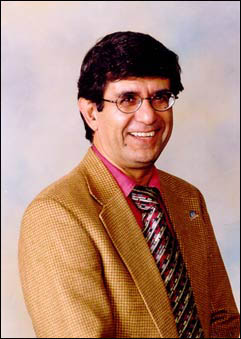
|
Embrace the Greeks! By E.G. Vallianatos The United States captured Iraq for its oil. Holding the most deadly arsenal the world has ever seen on the one hand and agribusiness and genetic engineering on the other, it is threatening friend and foe alike so that its giant corporations can continue plundering the resources of a planet tottering on the brink of man-made ecological collapse and death. Getting closer to the Greeks may not instantly convince the United States to abandon its imperial hubris, but will give us the intellectual and moral tools to solve global crises without destroying the world. The Greeks gave us logos, philosophy, and the dialogue. Studying the Greeks makes it easier to build bridges between us, even constructing the rainbow-bridges that the German philosopher, Friedrich Nietzsche, 1844-1900, thought essential to get closer to the Greeks. Nietzsche had no doubt the Greeks were the “finest, most beautiful, most envied race of men ever known, the people who made life seem most seductive.” To build rainbow-bridges to the seductive Greeks and reduce the hostility among us, we need to build schools, libraries and institutes for Hellenic studies all over the Western world, particularly Greece; publish magazines and books -- make Homer and Hellenic culture the great global issues they deserve to become. Transform the teaching of the classics from a technical project of translation to Renaissance-like absorption of Greek wisdom. The fate of the world may well depend on such a global movement of making Hellenic philosophia (love of wisdom, learning), philosophy, the property of all thinking human beings. The German classicist, Philip Melanchthon, 1497-1560, had it right: Embrace the Greeks!
Second, use the 2004 Olympics in Athens to show the rest of the world an Olympic agon (contest) as closely as possible to the original model. At the same time, Greece can also give the world in 2004 a preview of the reason, beauty, and benefits of Hellenic culture. And one way to do this immediately would be to translate Homer as a special commemorative Olympics book for all who come to the 2004 contest in Athens. Greek billionaires can afford to fund this Hellenic project. Plato called Homer the “teacher” of Hellas, the model for virtue and behavior for all Greeks. An Olympics handsome edition of Homer (with the Greek text and facing page translation into English and other major languages) should be given as a gift to the hundreds of thousands of visitors to Athens during 2004. Such a gesture would at least be a message to the world -- that Homer is still the teacher of the Greeks and philhellenes. Not that Greece could become Hellas by 2004. That noble goal would be the ceaseless work of generations and centuries. But Greece could, by 2004, begin its honorable return to its Hellenic origins and culture. That would also be a boon to the United States, which might rethink its perilous imperial path and return to its republican values based on Greek democratic traditions. E.G. Vallianatos, author of “From Graikos to Hellene” and two books on global ecopolitical issues, is writing a book on the Greeks since Homer. His articles have been published in the Chicago Tribune, St. Louis Post-Dispatch, the Miami Herald, the Philadelphia Inquirer and other publications. E-mail: evcv@erols.com. |
|

